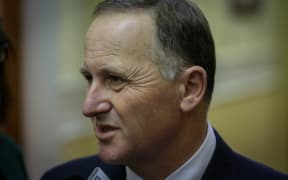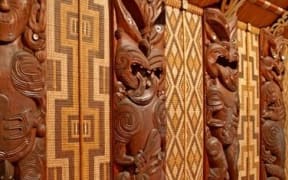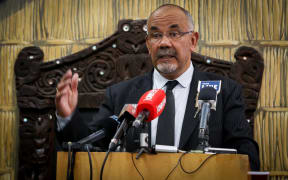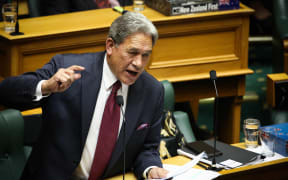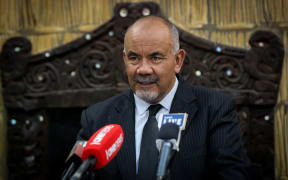The principles of Whānau Ora are set to be exported overseas to a Native American provider after it reached an agreement with an Urban Maori Authority.
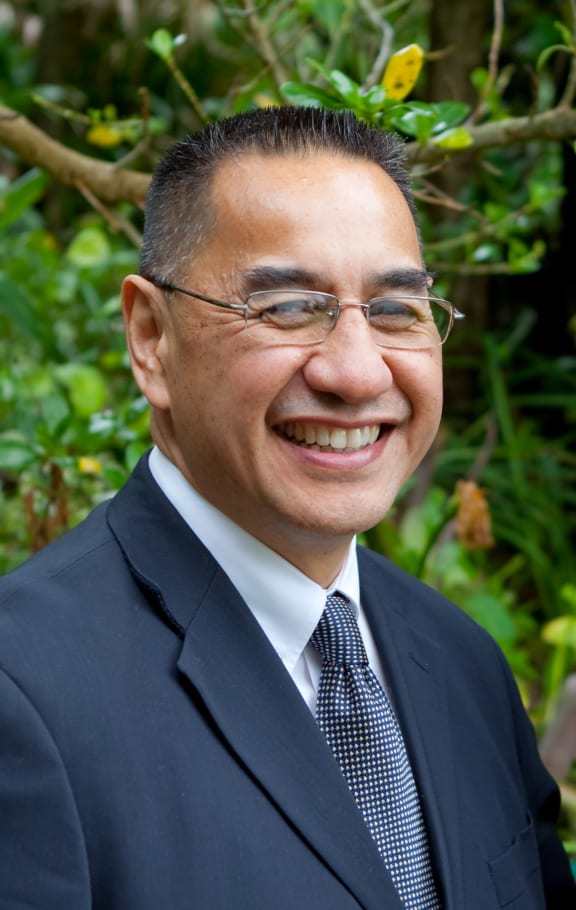
Whānau Tahi chief executive Steve Keung Photo: Supplied
Whānau Tahi, which is part of Te Whānau O Waipareira Trust, has signed a Memorandum of Understanding with United American Indian Involvement Inc.
The non-profit organisation offers a wide array of health and human services to about 300,000 American Indians and Alaskan Natives living in Los Angeles County.
Whānau Tahi chief executive Steve Keung said it was an opportunity to share and transfer Māori health and social strategies to help improve outcomes for American indigenous peoples in an urban setting.
"They are having and experiencing the same issues that we do as urban Māori, and so a lot of the things we've been able to do here are transferable over there - so that's the opportunity. They're looking to get more strategically developed in the way they develop services and they see this as an opportunity."
Mr Keung, of Maniapoto and Ngāti Porou, said the idea was to share key documents and learnings that tāngata whenua had gained in order to bring better health and social outcomes for American Indians and Alaskan Natives.
"It will be the things that have been developed with Waipareira, our owner, over 35 years of the work they've been doing, but more recently in the Whānau Ora space in delivering a more integrated and whānau-centric suite of services to our whānau.
"They are looking to get more strategically developed in the way they deliver services and they see this as an opportunity to do something."
Steve Keung said one of things they needed to develop was their overall plan.
"What are they trying to achieve? Their outcomes? So developing that framework, help them articulate that, develop that so that not only the executive and the governing board know what they're doing, that the actual workers on the front line can see what they're doing.
It's developing what the key metrics or measures are of what an outcome looks like: do we improve literacy? Are we improving in our health, for example reducing diabetes, those kind of gains. But how do you actually get there and everyone work together to achieve that? So it's an opportunity to work them through that process of definition and then execution of that."
Mr Keung said he was thrilled that Whānau Tahi was able to take something that was by Māori, for Māori, to another country.

